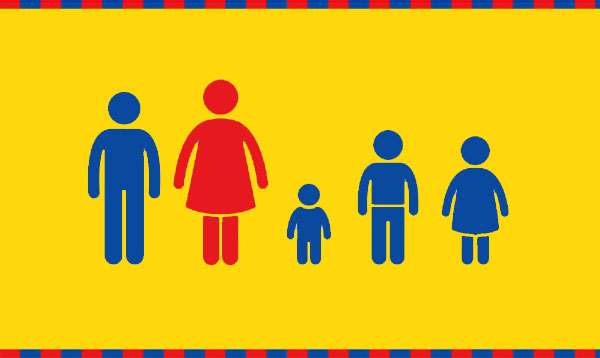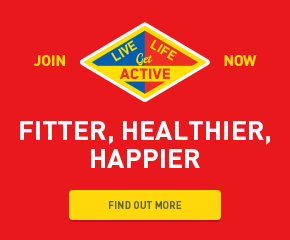Are you diabetic or could you be pre diabetic?
Women are the gatekeepers of household nutrition and lifestyle habits. They have the potential to drive prevention in their household and beyond. – International Diabetes Federation
Diabetes is the fastest growing health issue in Australia today.
1.2 million Australians have been diagnosed.
500,000 are estimated to be undiagnosed type 2 diabetics.
And every 5 minutes another Australian develops type 2 diabetes.
But the truly alarming fact is the number of people who are estimated to be pre–diabetic.
Diabetes Australia believes the pre-diabetic figure to be around 2,000,000 people with some medical institutions around the country reporting levels as high as 30-40% of the local population. These people are at high risk of developing diabetes type 2 if they do not take action.
What Causes Diabetes
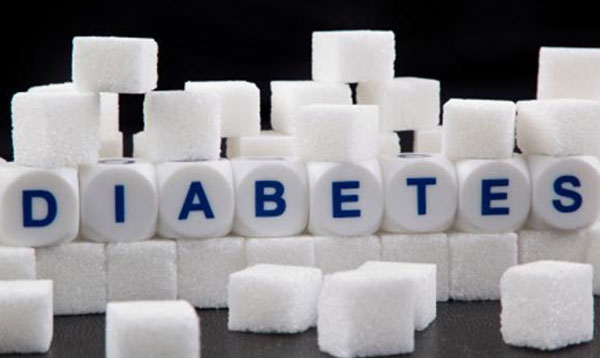 The amount of sugar in the blood is usually controlled by a hormone called ‘insulin’ which is produced by the pancreas (a gland behind the stomach).
The amount of sugar in the blood is usually controlled by a hormone called ‘insulin’ which is produced by the pancreas (a gland behind the stomach).
When food is digested and enters your bloodstream, insulin moves glucose out of the blood and into cells, where it is broken down to produce energy.
However, if you have diabetes, your body cannot break down glucose into energy. This is because there is either not enough insulin to move the glucose, or the insulin produced does not work properly. Glucose builds up in the blood resulting in high blood glucose levels.
Diabetes types
There are 3 main types of diabetes
Diabetes type 1
Type 1 diabetes is an auto-immune disease where the body’s immune system attacks the insulin-producing cells of the pancreas. People with type 1 diabetes cannot produce insulin and require lifelong insulin replacement for survival.
The disease can occur at any age, although it mostly occurs in children and young adults. Type 1 diabetes is sometimes referred to as ‘juvenile onset diabetes’ or ‘insulin dependent diabetes’.
Diabetes type 2
Type 2 diabetes is associated with hereditary factors and lifestyle risk factors including poor diet, insufficient physical activity and being overweight or obese.
People with type 2 diabetes may be able to manage their condition through lifestyle changes; however, diabetes medications or insulin replacement may also be required to control blood sugar levels.
Gestational diabetes
Gestational diabetes occurs during pregnancy. The condition usually disappears once the baby is born; however, a history of gestational diabetes increases a woman’s risk of developing type 2 diabetes later in life.
The condition may be managed through adopting healthy dietary and exercise habits, although diabetes medication, including insulin, may also be required to manage blood sugar levels.
And then there is Pre-Diabetes
Pre-diabetes describes the condition in which blood glucose levels are higher than normal but not high enough to be diagnosed as type 2 diabetes. Pre-diabetes has no signs or symptoms but you are a candidate if you are overweight, if you undertake no real daily physical activity and if your nutrition is poor.
Diabetes Causes Serious Health Problems
And that is why they call it a chronic disease. Type 2 diabetes sufferers are more likely to have coronary heart disease, suffer stroke and kidney failure, suffer depression, numbness in the hands and feet and impaired vision and weight gain.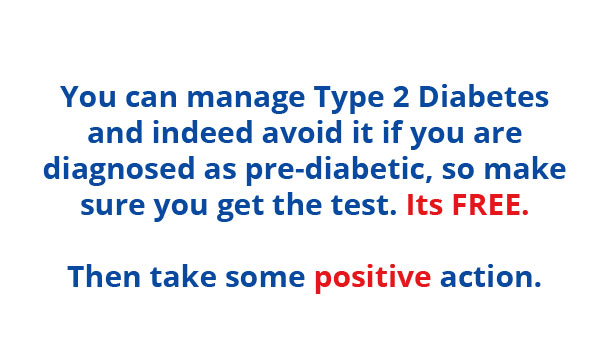
Improve Your Diet
Eat fresh fruit and vegetables daily, avoid foods high in GI – this includes sodas and energy drinks they are not good for you at all! Limit fast food and processed food these are major contributors to type 2 diabetes. Eat good meats that are lean and watch your portions.
Get Active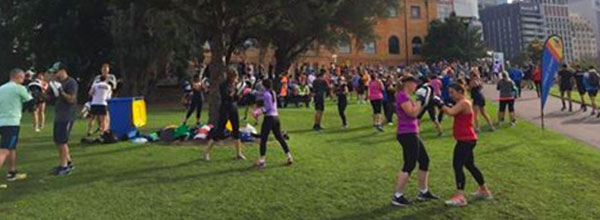
When you undertake physical activity your muscle contractions push glucose our of your blood and into your cells. Start with walking and work up to a daily routine of at least 35 mins of heart pumping exercise. Your body and mind will thank you!
Get Some Sleep
Many overweight people who are pre-diabetic or those you have type 2 diabetes also suffer from a lack of sleep e.g. they are unable to sleep because their blood sugar levels fluctuate more dramatically. Good nutrition and exercise will help this enormously. Eat well, avoid alcohol, sleep in a cool environment, try to go to bed around the same time each night and exercise and you will experience a new kind of sleep.
Soothe Stress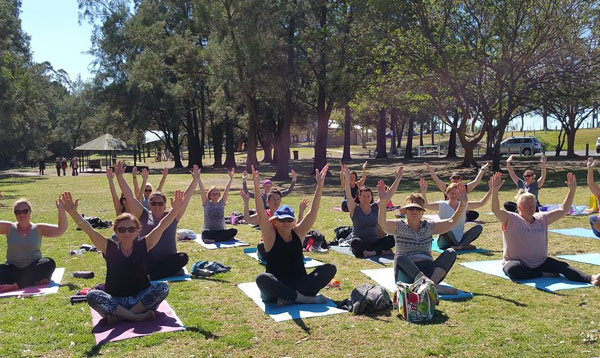
Stress is a terrible thing as it effects our whole life and also makes blood sugar levels harder to control. Stress can also lead to depression if not addressed. Obviously, there are many factors leading to stress but if you can relax a bit each day you may find yourself stress less. Allocate me time, go for a walk, do a yoga class or try one of the meditation aps. They work and a reduction in stress will also help you with your sleep.
Here at Live Life Get Active we try to help people right across the country. Our exercise and nutrition programs are simple and can help you address many of the issues discussed.
We strongly recommend that everyone should have their glucose levels tested regularly. If you are pre-diabetic or suffering from diabetes we can help you manage your situation. Everything we offer is FREE and our sessions are welcoming non judgemental and full of fun. Sessions are held Monday to Friday during school terms in parks right across the country.
Kareena’s Story
The benefits of attending the program have been amazing – better mental health, I feel better about myself and how I look , I want to now be outside more playing with my daughter rather than inside and I now make better choices about what food I cook for my family. Another huge benefit for me is my insulin amount has been reduced by almost 30% daily. I’m so much happier and so much healthier. Without Live Life Get Active I would still be sitting around being unhappy with myself and life.
If you would like to join us check our map here and see if we have a session near you.
